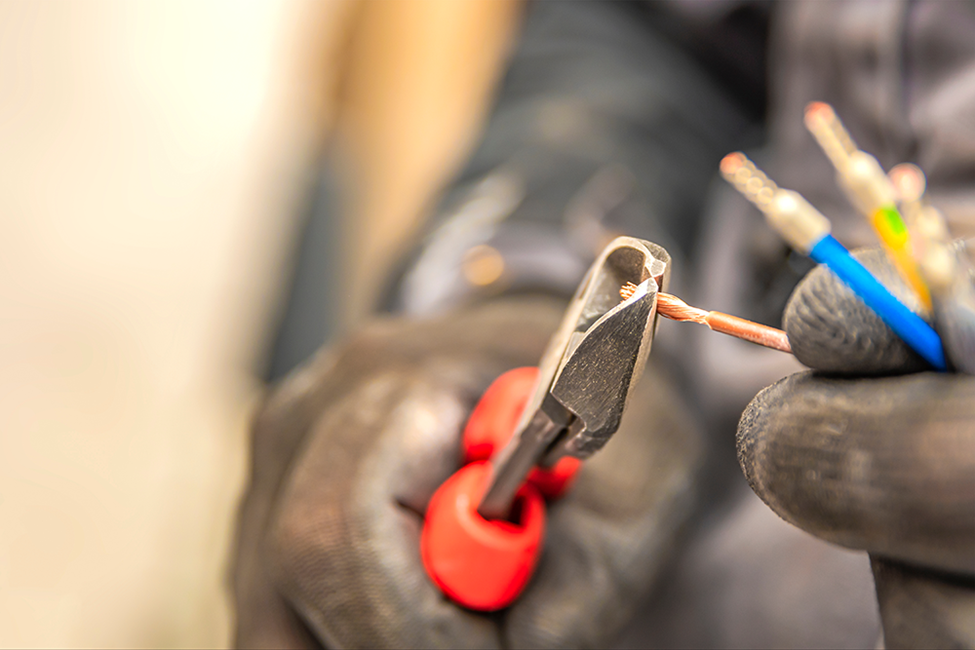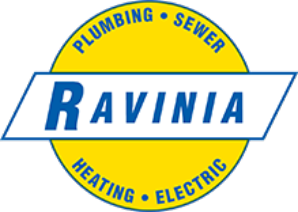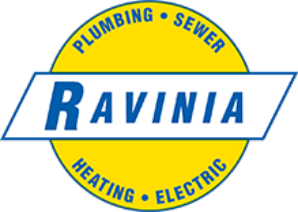
A career as an electrician in Illinois has many benefits, ranging from great compensation and benefits to rewarding work to ease of entry. So just what does it take to become a licensed electrician in Illinois? Read on to learn more.
Obtain Required Training
There are two options for training to become an electrician: a four-year electrician apprenticeship program or a two-year technical or community college program. In general, apprenticeship programs will provide more hands-on experience in the electrical trade, while technical or community college electrician programs will provide more theoretical knowledge. Either way is fine; it just depends on your personal preferences.
Electrician Apprenticeship
The apprenticeship program, which must be approved by the Illinois Department of Professional Relations (IDPR), consists of 8,000 hours of on-the-job training with a licensed supervising electrician and 720 hours of classroom instruction which must include topics such as safety, building codes, the National Electrical Code, and electrical theory. The following are the requirements for becoming an electrical apprentice through an apprenticeship program:
- Must be at least 18 years old
- Possess a high school diploma or GED
- Pass an aptitude and algebra test
- Demonstrate physical fitness
- Have reliable transportation
Technical or Community College
If you choose to attend a technical or community college, that program must also be approved by the IDPR. The program must include a minimum of 1,022 hours of instruction in electricity and related topics, such as safety, building codes, and the National Electrical Code.
Pass a Licensing Exam
Once your electrical training is completed, you need to take and pass an exam to receive an electrician license (note: you also need a valid driver’s license to take the exam). The exams are administered by municipalities. The exam consists of two parts:
- A written portion covering topics such as safety, electrical theory, and building codes.
- A practical portion that consists of tasks to demonstrate your ability to install, troubleshoot and repair electrical systems.
If you pass the test, your electrician license will be issued by a local municipality (there is no Illinois electrician license issued by the state). Some municipalities with a review board will issue an electrician license that is accepted almost everywhere in the state. Other municipalities grant electrician licenses which are only accepted in that community. You need to be sure how accepted your electrician license will be across the state, and possibly even in other states.
Additional Certifications
Once you are a licensed electrician, you can enhance your skills and career by adding additional certifications. These include:
- Journeyman Electrician
- Residential Wireman
- Master Electrician
Additional certifications can equip you with a broader spectrum of knowledge and skills, making you a more marketable and desirable candidate for a wider range of job opportunities. These certifications will help you stay updated with the latest, cutting-edge technologies and advancements in the industry.
Ravinia Plumbing, Sewer, Heating & Electric is Looking for Electricians
If a career as an electrician is of interest to you, Ravinia Plumbing would like to talk with you. We’ve been in business since 1928 (that’s 95 years!), and we’ve made a name for ourselves as one of the most trusted and reliable HVAC, plumbing, drain and sewer, and electrical contractors in Chicagoland. Contact us today.




